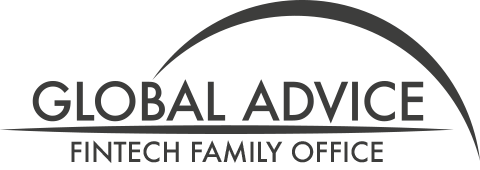The Global Advice Family Office comes to light in 1990, in the classroom of a prestigious University. A lecture on Financial Markets & Institutions sees the speech of two business leaders, the CEO of a leading American bank, together with that of an eminent English insurance company.
Our founder, Dr. Ugo Carlo Bronzoni, is sitting next to one of our four current partners, Ernst Iabulich. The two students wonder how a CEO can consider ‘consultants’ the employees and agents selling to clientele the products of the company, albeit very prestigious. There is a clear conflict of interest, not only of syntax.
They are sellers, not consultants.
In whatever field, consultancy should be compensated by the client, not by the employer of the consultant. This concept, extremely innovative for the 1990s, becomes the business model of the Global Advice Family Office in all areas of asset management (legal, financial, real estate, insurance, banking, security, high-value art, transport, higher education), through brokerage, constantly looking for first-rate providers, offering the best solutions and the best conditions.
The relationship is always between the family and the provider, the former holding the power. Through strong technical competencies, the Family Office proactively provides support and advice, protecting increasing and handing down family assets.
The Rockefeller family was the pioneer of the first first family office in the mid 1800s. In line with the above-mentioned concept, they decided to hire trusted professionals, reporting directly to the family, to manage all relationships with the service providers managing family assets (real estate agents, bankers, insurance agents, lawyers, accountants).
The first family office of Economic History is born, shortly followed by the Du Pont family and many other UHNWI Anglo-Saxon families.
The relationship between asset owners and service providers goes from business to consumer to business to business, overcoming the so-called information asymmetry. If not supported by a family office, clients choose service providers based on empathy and interpersonal relationships, not on an assessment of the required technical competencies.
Family offices allow professionals to interact amongst themselves, leading to reduced costs and commissions, increased expertise and better results, for the overall benefit of the family assets.
The company doesn’t carry out independent financial consulting.
Clients’ investments are subject to financial consulting only by dedicated intermediaries authorized by the national regulations of the country in which the financial assets are kept/ registered/ overseen.

